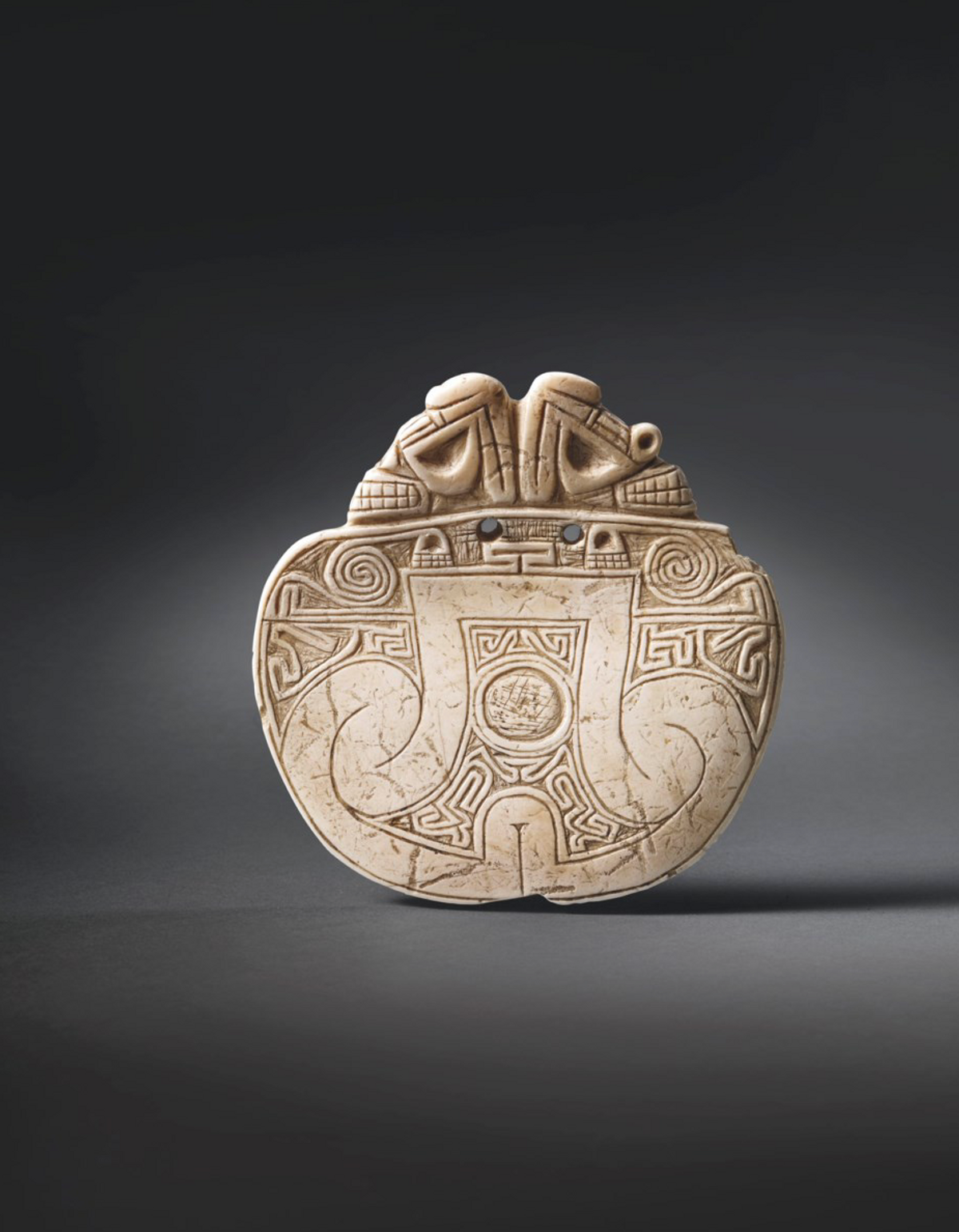On 10 November Christie’s is set to auction a trove of Taino and Pre-Columbian artefacts in Paris, but members of the Taino community hope to put a stop to the sale and have the works returned to the Indigenous communities that made them.
Stephanie Sherman, a member of the Taino tribe Arayeke Yukayek, started a petition on the website Change.org calling for a halt to the Pre-Columbian Art & Taino Masterworks from the Fiore Arts Collection sale last Monday. A week later, on 8 November, the petition had 15,000 signatures. By the afternoon of 9 November, on the eve of the sale, that number has more than doubled. Sherman learned about the auction through the social media app TikTok, on which a Christie’s expert was promoting the sale.
During the video, which appears to have been deleted, the expert spoke of the Taino people as if they had been wiped out. An earlier version of Christie’s promotional text for the sale, which has since been changed, says the Taino’s “had their apogee between AD1200 and 1500, only to be swept out of existence few decades after Christopher Columbus’s arrival in Hispaniola”. Sherman says that kind of language is used, “whether intentionally or not, to drive up prices and fill their pockets”.
These are artefacts that Taino people should be able to learn from and honour, Sherman says, “there’s no price tag that we indigenous people can place on the objects, no monetary worth that can be attached to the sacredness and their value”. But the monetary value is high. The auction includes 38 Taino works from Fiore Arts Collection, and nearly 100 more pre-Columbian works. The Taino works have estimates between €5,000 and €180,000.
A spokesperson for Christie’s says the firm recognises its “duty [to] carefully research the art and objects we handle and sell” and that they “devote considerable resources to investigating the provenance of works we offer”. Part of this research always includes that a seller provides proof that they own the object they are consigning. “In the case of the upcoming sale, these checks have been carried out and we have no reason to believe that the property is from an illicit source or that its sale would be contrary to French law,” the spokesperson says.
In recent years, some auction houses have repatriated Indigenous artefacts in response to internal research and external pressure. In 2020, Cincinnati-based auction house Cowan’s returned a sacred hand-carved statue to the Zuni Pueblo of New Mexico after provenance research revealed it had been removed from a holy shrine. In 2018, Boston-based auction house Skinner pulled seven artefacts from a sale after Native American organisations protested.
In 2013, despite finding a celebrity ally in actor Robert Redford and a last-minute appeal from the US embassy in Paris, members of the Hopi tribe were unable to stop the sale of around three dozen sacred masks by auction house Neret-Minet.
The call for the Taino works to be returned echoes recent pushes to repatriate looted artefacts to the cultures and countries where they originated. Most notable has been the flurry of activity surround the Benin bronzes, which were looted from the Kingdom of Benin in Nigeria in 1897. In recent months, two universities in the UK, the University of Aberdeen and Jesus College Cambridge have returned looted artefacts to Nigeria and both the Metropolitan Museum of Art in New York and the Smithsonian Institution’s National Museum of African Art in Washington, DC have pledged to repatriate Benin bronzes in their collections.


